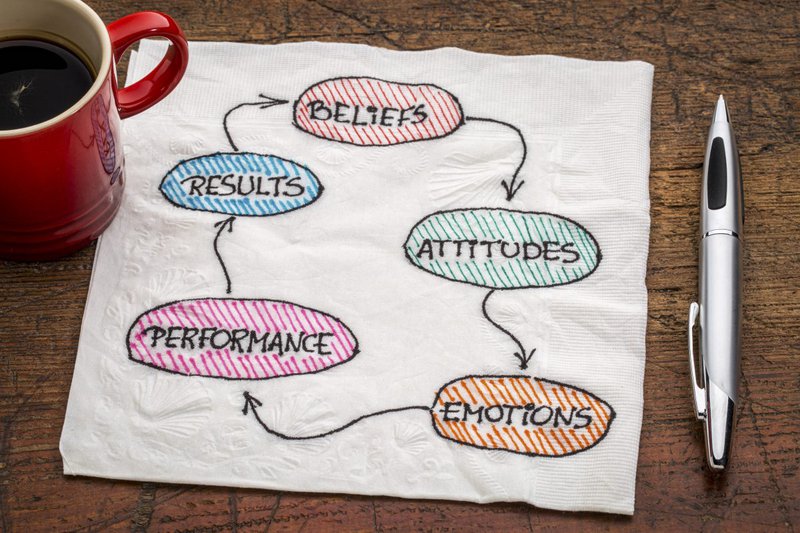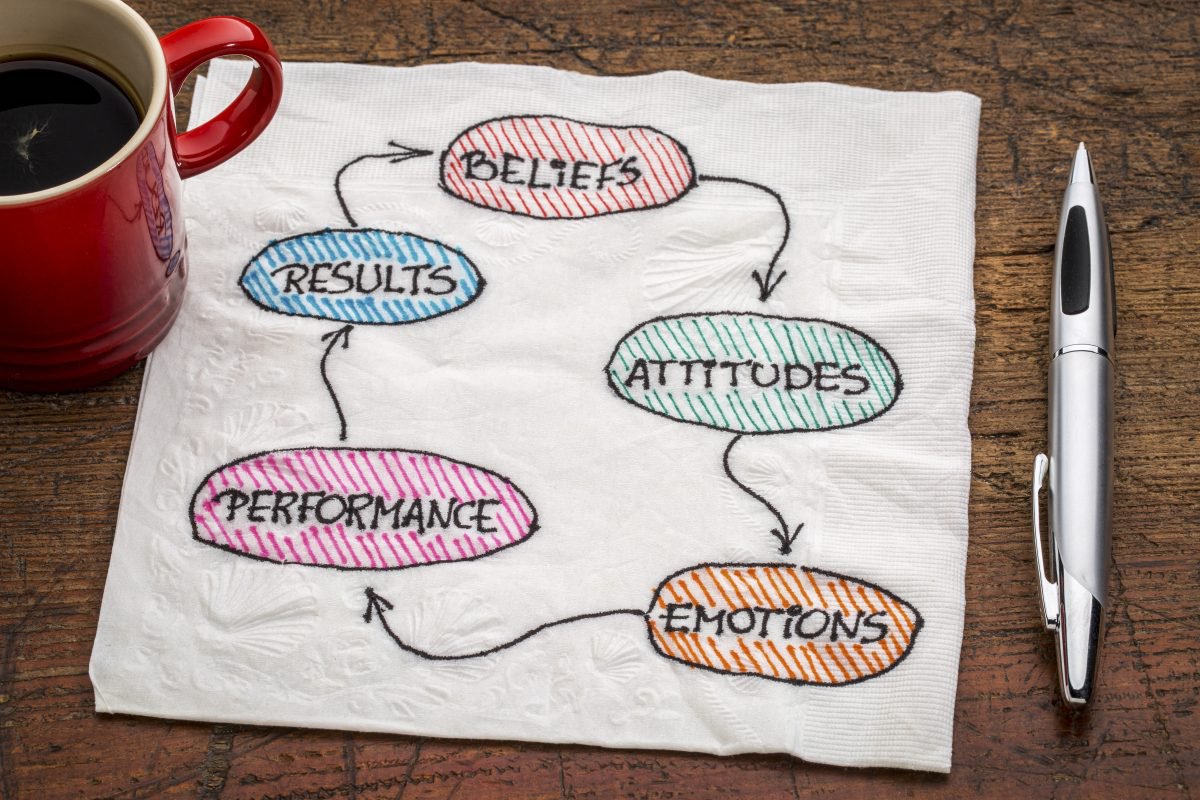As a VC (and actually even more when I am just relaxing), I think a lot about what the world will look like in the medium term and distant future (10 years – 500 years from now). I personally find the short run way less interesting… (next year, online has taken a larger cut of retail again; Amazon is leading this, while Alibaba is gaining more and more ground – how boring…).

The most interesting thoughts are about what it will take to significantly improve the world – and that, by nature, is long term thinking. My view: the exponential development of technologies will drive transparency on a global scale, and the rest will fall into place (sort of…) automatically. Let me explain in these 15 believes of how I feel the world will become a better place (I know… blah, blah, blah, better place, blah, blah, blah… but hey, it’s very simple: you either become a pessimistic whiner thinking that you cannot change sh#t, or a positive builder that just works on whatever you can to add your little piece – I chose to be the latter).
Although some of these ‘beliefs’ are really for the distant future, and timing is key to make the right investments (must watch Bill Gross at TedX), at Peak we have backed quite a bunch of startups that address these topics.
#1. Transparency will increase exponentially.
Technology will make information more easily available for each business or individual, at very low costs.
#2. Increased transparency requires for appropriate privacy measures.
Abuse of private information – by ‘real’ criminals, but also by ‘sneaky’ businesses – will be punished heavily. True fair treatment of your customers’ data (not just ‘compliance with the applicable laws’) will become a sustainable competitive advantage. Why? Very simple: data-abuse will also become transparent and known to the broader audience, and as a company, if you do that, you will cease to exist.
#3. Today’s big consumer brands can only survive if they deliver ‘truly better’ products.
And with ‘truly better’ I don’t mean ‘low-calorie sodas’ or ‘cheaper insurance’. ‘Better’ means products consumers really benefit from, which they really need, with the best user experience, which are healthier, and are delivered at lower costs. It’s not about having the best product or having the best marketing. It’s about having both. If the big brands don’t not bring better products to the market, competition will, and transparency of information will make people buy those competing products.
#4. Physical shopping as we know it will end.
It is not a matter of online gaining more market share. All purchasing will go via online channels. (If you are a in retail and didn’t realize yet you need to sell everywhere online, please check out Channable. They will set you up in a minute 😉.)
#5. Travel time will become production, entertainment or resting time.
No more waste of time, as travel time waste will become virtually zero. Technologies like autonomous vehicles, hyperloops and augmented reality will allow people to work globally, travel fast, without having to be personally engaged in the mode of transportation, or not even have to travel at all (and just jump into that meeting in AR mode).
#6. People will choose to live more healthy lives.
Better informed decisions on workload, stress, happiness and nutrition. Better work-life balances. More exercising time. More family time. While remaining highly productive. (Bless OneFit for making exercising highly flexible and more engaging!)
#7. Ownership of goods will diminish.
Having physical possessions will cease to be a target by itself. People are and will even more be conscious about their footprint on the world. Why hold on to owning stuff if you can borrow it, rent it or buy and sell it? (We can see the vast growth of United Wardrobe as proof of a new generation ready to only have what they need at that very moment.)
#8. Traditional sectors will be massively disrupted.
People in sectors like manufacturing, care, construction, agriculture or cleaning who think they are safe should worry. These sectors have not even seen a glimpse of how tech can massively redesign the current modus operandi and increase productivity levels exponentially. Artificial intelligence, machine learning, big data, 3D printing, whatever you want to call the latest developments, technologies will be able to solve bottlenecks that currently withhold such massive production improvement steps. (Batchforce and Tradecloud are starting this off by bringing transparency to the purchasing cycles for these traditional sectors!)
#9. Food will be available everywhere for everyone.
Technologies like indoor farming, solar energy and sensor/drones/satellite-based information processing and analyses will allow for each individual to buy food at affordable prices, globally. Fights over food will disappear as food will not be a scarce commodity anymore.
#10. Educational systems will massively change.
Information will be available for everyone. Content will be abundant. (Love to Studocu who helps each student with access to the right study materials, for just 2 beers (ehhh, wrong currency) 4 euros a month.) Perhaps, someday, you can even link your brain directly to the internet (hope ransomware is solved by that time… 😳). Educational systems will only have to ensure that people can use the available information. To add true value, my bet is that educational institutions will focus on courses like digital information processing, logical thinking and problem solving, perseverance, focus and execution, emotions and communication, perspective and acceptance, and diversity and human interaction. (LessonUp is really doing a good job at letting all teachers having access to the best digital content and interactive lessons!)
#11. Energy will be abundant
Technologies like solar energy, improved batteries, fuel cells and smart grids will both increase the efficiency of energy production, with decreasing costs, while simultaneously we will learn how to reduce our energy consumption. As a result, energy will no longer be a bottleneck in our daily lives.
#12. True equal opportunities around the world will really, really happen.
Transparency of information and improved education will create knowledge. Knowledge will create productivity. Productivity will create income. GDP levels will hence even out. There will always be richer and poorer people, but ‘poorer’ – in the long run – will imply “having less than average, but still having enough not to worry about food, education, and safety and security”. (Don’t believe this? Hey, we already ‘solved’ food at #9 and education at #10, and see #13 for safety and security. Problem solved!)
#13. Crime will be massively downsized.
Unfortunately, crime will always remain to exist. But I believe there are 2 types of criminals: the true bad guys without any bit of respect for other people and those who are sort of ‘forced’ into criminal activities due to their personal situations. My view is that the latter group will ultimately disappear: if they have enough to provide for in their basic needs, the necessity to hurt others simply will be less. With a higher percentage of the world’s population ‘on the good side’, the probability of capturing the true bad guys will increase. (This is my big belief in ‘social capitalism’: we need capitalism to motivate people to increase productivity; but if the richer do not share enough with those in need, they will come and take it.)
#14. Distributions of wealth over nations will become a demographic play.
If all people are – on average per country – equally educated, equipped and supported, only the number of inhabitants will be the meaningful denominator of a country’s gross domestic product. (So the relevance of our Dutch economy with 17 million people will probably shrink to zero in comparison to the Indian and Chinese populations of over 1.3 and 1.4 billion people, respectively. It’s a good thing that borders are irrelevant anymore when all is equal — no need to be protectionist, dear politicians.)
#15. People will find new – tech-enabled or tech-excluded – ways to socially interact.
People will remain people. They will not become computerized. They need social interaction with other people. Language barriers will be gone due to tech and I just took out the requirement of physical borders at #14, so imagine the social and cultural learnings people can experience. Entertainment will thrive! (although I am not sure if the current TLC offering will last until then… I have my personal preferences on that matter…)
So, if you feel that your startup is boosting any of these beliefs, do reach out! (Or feel free to reach out as well if you don’t know where your startup is tapping in, but you are just experiencing hyper-growth like crazy, 😇).
This article was first published on the Peak website, but feel free to drop any comments with e.g. other thoughts about the future on the Linkedin post.
